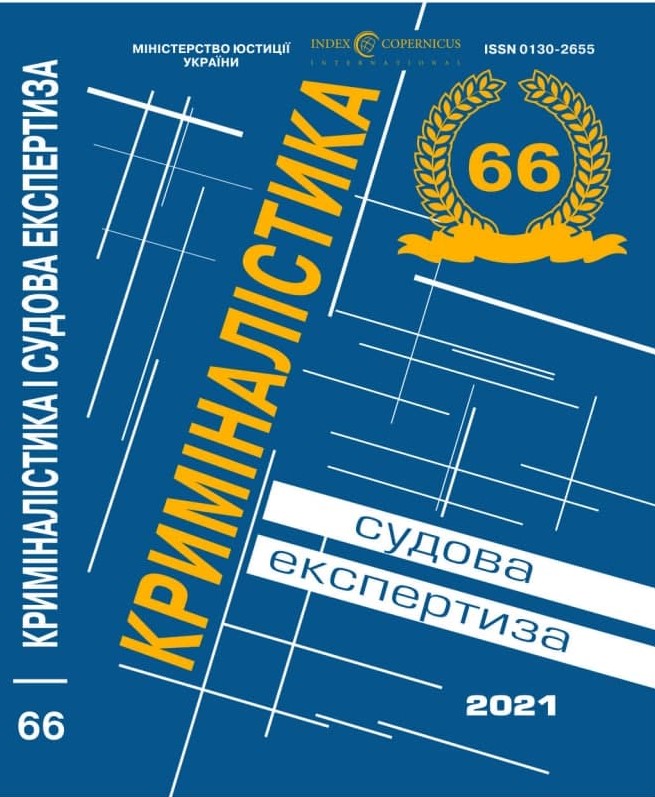
DOI: https://doi.org/10.33994/kndise.2021.66.70
V. Bandurko
The thesis is aimed at considering situations that arise during the performance of handwriting examinations in which conclusions are possible that have various legal consequences for the parties to the trial. This is because of the fact that when assigning a handwriting examination, there are situations when a small number of signature samples are provided for a comparative study or the interested party of the torturer misleads the expert by providing false signature samples.
By carefully studying the case materials, the expert manages to establish additional samples of signatures, which are not mentioned in the document on the appointment of a handwriting examination. It helps the expert to determine and come to a categorical conclusion which case the signature in the document under study was affixed not by the person himself, but by another person. Or confirm the fact with one hundred percent certainty that the signature was made by one of the relatives.
In such cases, if it were not for additional samples from the case materials, it is possible for an expert to come to a false conclusion. The question may arise whether the expert violates sub-clause 3, clause 2.3. Instructions, the expert is prohibited from: “independently collecting materials that are subject to research, as well as choosing outgoing data for the examination, if they are displayed ambiguously in the materials provided to him/her”. But clause 2.1. of the Instruction state that the expert has the right to indicate in his conclusion the facts revealed during the examination that are significant for the case, but regarding which he/she was not asked questions and the circumstances that contributed (could contribute) to the commission of the offense.
Key words: handwriting, preparatory stage, comparative samples, signature, re-examination, categorical conclusion.










